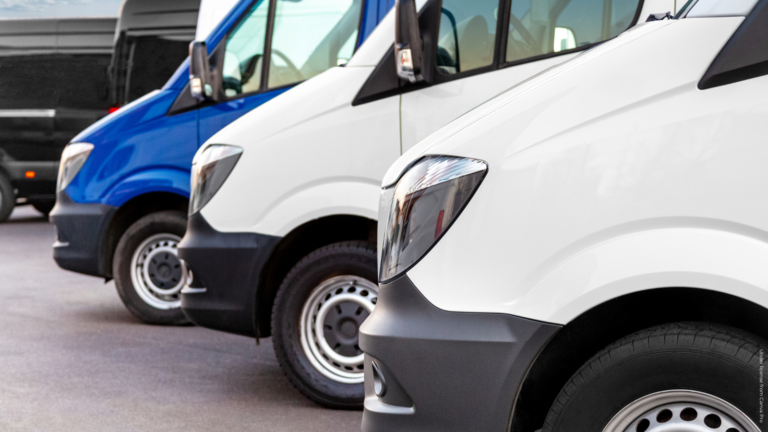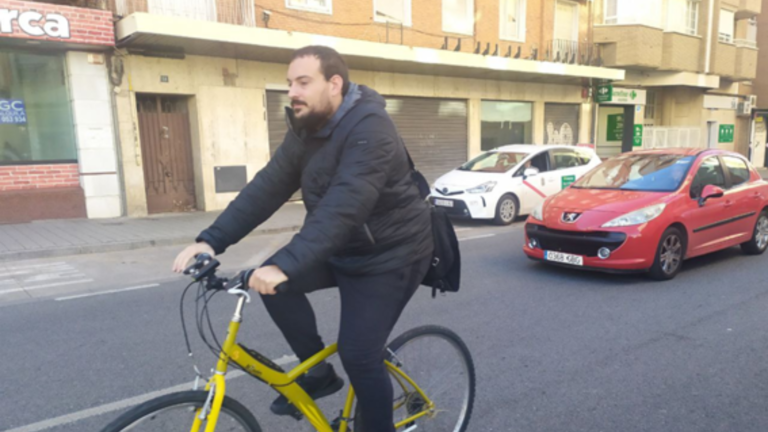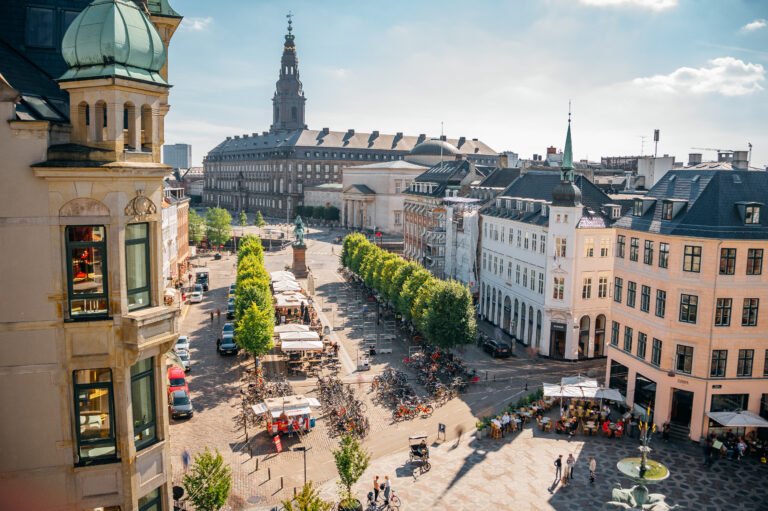
Could you trade your car in for a bike?
February 6, 2023
Our Spain Coordinator Carmen Duce speaks with two men who love their cars, but who have also have learnt to love their bikes.
Marcos Martínez Euklidiadas

Tell me about your life “before” when you used a car. How did you feel when you were in the car? Was it fun or enjoyable to drive every day?
Although these days I am often referred to as “anti-car” I trained as a mechanical engineer and I am passionate about driving. I find it particularly fun, I enjoy it. For quite some time I was addicted to burning fuel. I used to borrow a car from my family and I used if for everything even though public transport was not that bad. It was more convenient for me.
What made you change your mind about using a car all the time?
The change in mind-set happened because I stopped driving. For personal reasons I made the leap from engineering to tele-working in a newsroom around 2015. Suddenly I found that my life had become more local and I could walk places. Looking back, you realise how absurd it is to use a tool like a car for these small journeys.
In my case lack of knowledge about the impact of cars was key. I started to read about urban planning, mobility, energy, costs, sustainability, externalities, use of public space, etc. from mainly from primary sources such as scientific studies. I realised these are not very accessible, so I went on to write about them on social networks and explained what I found in a language that anyone could understand.
Tell me about your current role as an activist for sustainable mobility?
The first time I was called an activist, I had not even considered the possibility of being one. It was not a label I identified with. My only goal during the last few years has been to give easily understandable and objective information on the technical aspects of how we organise mobility in human settlements. I want to use that information as a lever for change towards more sustainable, equal and cost-effective models.
Probably the best known campaign has been #RecuperarLaCiudad, a set actions for ordinary people to help them recover urban space for people. It is designed to tackle passivity and vested interests. We produced an open source guide with about 30 people contributing. I believe that speaking is a revolutionary act and we must not lose sight of the role of discussing these issues with others.
“I believe that speaking is a revolutionary act”
What are the biggest challenges in persuading other people to change their behaviour?
I think we underestimate how important convenience is when people make choices about mobility. People disregard the externalities of choosing the thing that is easiest to use. So I believe we need to be clear about changing the infrastructure. If you want people to walk and cycle you need better pavements and protected cycle lanes. We need viable alternatives and better public transport. There is also a lot of behavioural psychology to think about – people feel that they have bought a car and that is a sunk cost, so they want to make sure they use is as much as possible.
What is your vision of the future for mobility?
I have spent five years studying these issues and my conclusion is that almost every government report, scientific paper and meta-study, or data-driven report, points to the same indisputable fact: the best mobility option is active mobility – or walking and cycling. When distance is not feasible, the best alternative is the electric bicycle, mass public mobility (if possible electrified and by rail) and private vehicle sharing as a last resort.
Unfortunately, and although many municipalities might understand this and are starting to push these solutions, there is too much inertia in urban planning. A new neighbourhood designed today for the automobile will condemn several generations to total dependence on it. It could take decades to reverse this trend.
Sergio González Alfaro

Tell me about your life “before” when you used a car. How did you feel when you were in the car?
Like most people in Spain, I own a car. I live in a small car-oriented city where people drive everywhere, no matter the distance or the time it takes. I used to drive daily to university where I am doing a PhD. I have to cross the whole city to go to the laboratory and obviously I needed my car – or so I thought. I had subconsciously assumed that was an acceptable lifestyle. It was nice to drive. When everything is designed to make the driving experience as fast, comfortable, and easy as possible, it is almost impossible not to enjoy yourself while you drive. I realized I could cross the city in less than 10-15 minutes. Before I bought a car I used to use public transport. Once I had a car I felt free – I was saving time and did not have to depend on the bus schedule.
What made you change your mind about using a car all the time?
There were a lot of things that changed my mind. One of my colleagues always cycled to work, and he suggested I join him. Even ‘car-holic’ people know that cycling is a better alternative to driving, but instead of admitting that I would just find terrible excuses all the time. ‘It is too cold’ I would say, ‘I am not fit enough’, ‘I do not want to have my bike stolen’… these were just a horrible cover for ‘I do not want to give up my car privilege and comfort in order to adopt a more sustainable lifestyle’. My colleague was trying to show me the solutions, but I didn’t want to believe him.
Eventually it came down to money. I wasn’t earning much. I managed to get a scholarship which meant I would be earning €400 for four months. I complained about it to my boss and he said ‘Well at least you will be able to pay for the petrol’. Suddenly I realized that I would be earning money just to be able to drive to work. Something clicked in my head, and I decided to find my old bike.
Once I started to use it, I did not want to go back to my car. I was saving money; I was doing sport; it was even quicker than the car and I just felt better when I was cycling.
Tell me about your current role as an activist for sustainable mobility?
I am an active member of the urban cyclist’s organization of my city (CURBA) and I also helped to translate a report #ReclaimTheCity: Guide for citizens with 40 ideas for urban recovery.
CURBA defends the use of bikes in Albacete. We hold regular meetings with the local government and organise activities such as a ‘bikeschool’ where we teach adults and children how to ride safely on roads. We are also participating in a national project ‘Cycling with clean air’ where we measure the air quality while we cycle. The results can be seen in this webpage.
What are the biggest challenges in persuading other people to change their behaviour?
When I was a student my professor of nutrition told us: ‘It is easier to change someone’s religion than their habits’. As I already explained, when you want to justify your irrational use of the car you just find the excuses to do so. People feel they “need” a car, which is really challenging.
“It is easier to change someone’s religion than their habits”
I believe car users will not change until they realise they don’t actually need a car, and they won’t realise until they stop using one. That is why people need external help. I think that the best way to end car dominance comes from politicians. They are the ones who can redesign our cities with people-oriented urbanism in mind. When car use becomes undesirable, we will stop.
How is your life now that you don’t use a car, compared to before?
Everything has become easier. Problems such as finding a place to park, paying for petrol, car maintenance, etc. have disappeared. I have lost almost 10 kg and I feel healthier. Making the change has made me more empathetic and now I understand the problems faced by those with mobility issues who are forced to live in hostile cities designed for cars. Cycling in a car-oriented city has also been an eye-opener to see how cars dominate everything. Some people are afraid of cycling because of cars, children cannot play on the street because of cars, buses get stuck in traffic. Every one of us is forced to accept this car dictatorship.
What is your vision of the future for mobility?
I hate to say that I am not very optimistic. For what I have witnessed, society is not willing to change. Politicians are too scared to make the changes we need. That is why I believe that we need to take part in actions such as #RecoverTheCity and begin to do what politicians will not.


